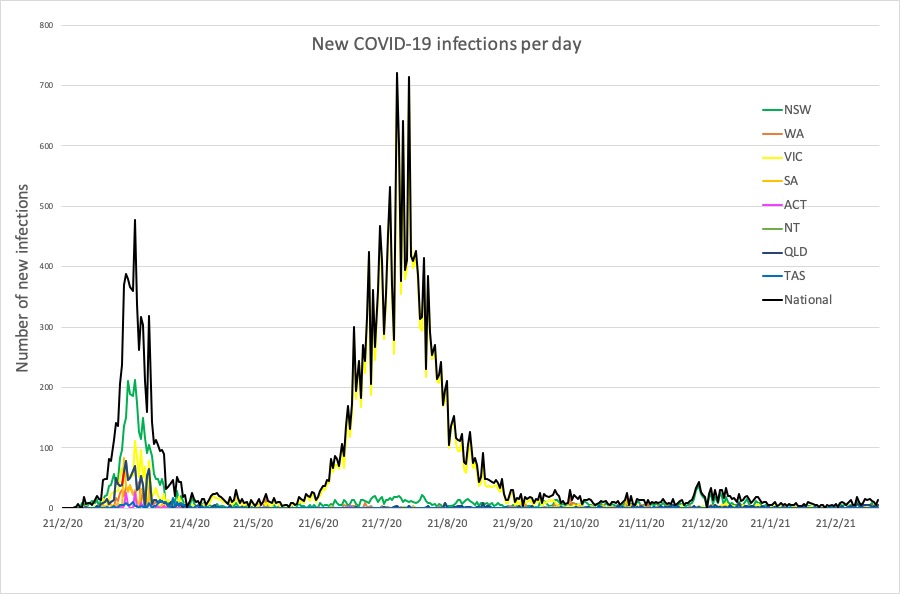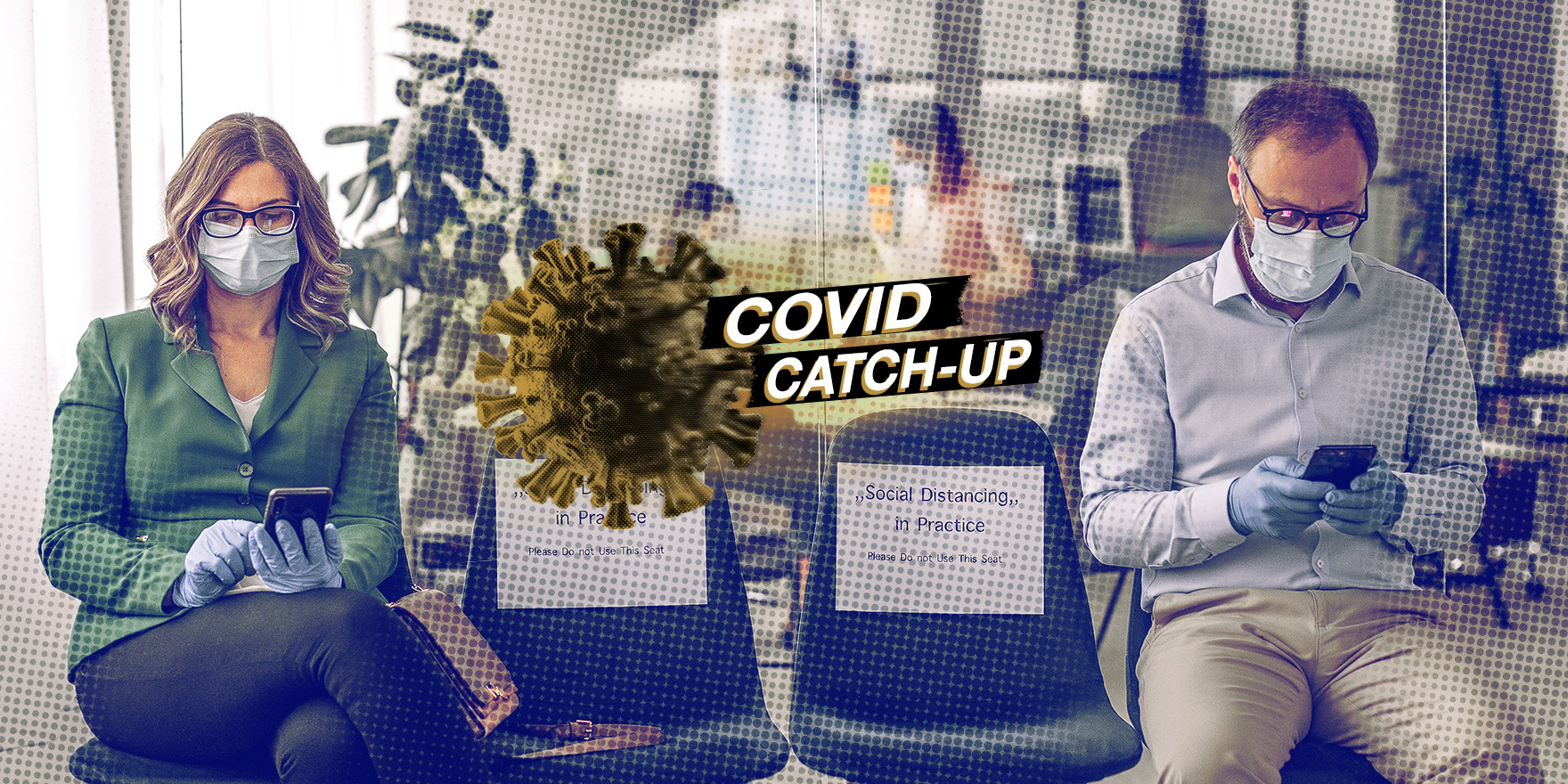And solid organ transplant recipients may not mount immune response to mRNA vaccines.
Welcome to The Medical Republic’s COVID Catch-Up.
It’s the day’s COVID-19 news in one convenient post. Email bianca@biancanogrady.com with any tips, comments or feedback.
16 March
- SARS-CoV-2 targets heart muscle cells and disrupts their function, study finds.
- Solid organ transplant recipients may not respond as well to mRNA vaccines.
- Cellist Yo Yo Ma plays for his vaccine.
- Latest COVID-19 infection numbers from around Australia.
Heart muscle cells are particularly vulnerable to damage from SARS-CoV-2 because they not only carry the ACE2 receptor that the virus uses to gain entry to cells, but the virus disrupts the organisation and function of the cells.
According to a paper in Science Translational Medicine, researchers infected stem cell-derived heart muscle cells with SARS-CoV-2 to better understand why up to one quarter of people with COVID-19 experience cardiac dysfunction and damage.
“Cardiac damage may be caused by systemic effects of SARS-CoV-2, such as hypoxic stress due to pulmonary damage, microvascular thrombosis, and/or the systemic immune response to viral infection,” the authors wrote. But they also pointed out that heart muscle cells carry the ACE2 receptor, and viral RNA has been detected in the heart muscle cells of people who have died from COVID-19.
They found the virus targets heart muscle cells but does not affect other heart cell types. It breaks down the fibrils that make up the structure of the muscle cells, and disrupt the mechanisms that enable heart muscle cells to contract.
The authors noted that the dose of virus used in the study would equate to only a mild case in vivo, and warned that the effects seen suggest the cardiac damage associated with COVID-19 was likely to be long-term.
Solid organ transplant recipients may not respond as well to mRNA vaccines, according to a study which examined their immune response to a single dose of either the Pfizer/BioNTech or Moderna COVID-19 vaccines.
Organ transplant recipients have been excluded from vaccine trials so far, so in a paper published in JAMA, researchers gave 436 transplant recipients a single dose of either vaccine. The median time since their transplant was 6.2 years.
The study found those who were taking anti-metabolite maintenance immunosuppression therapies, such as mycophenolate or azathioprine, were 78% less likely to develop an antibody response to the vaccine dose than those not on that form of therapy, and older transplant recipients were also less likely to show an immune response.
However the study suggested the Moderna vaccine was more likely to generate an immune response than the Pfizer/BioNTech vaccine.
Imagine waiting in line for your COVID-19 vaccine, and being serenaded by the great cellist Yo Yo Ma playing Bach’s cello suites.
That dream (OK, so maybe not everyone’s dream) became a reality for residents of Pittsfield, inland from Boston, Massachusetts, who were waiting for their vaccines, as Ma celebrated receiving his second dose of the vaccine by giving an impromptu concert in the community college hall that doubled as a vaccine clinic.
As the Berkshire Eagle reports, Ma played for the duration of his 15-minute post-vaccination observation period, on what we assume was not his 1733 Venetian Montagnana cello or 1712 Davidoff Stradivarius cello, each of which are worth several million dollars.
Yo-Yo Ma brightened the days of some MA residents Saturday when he gave an impromptu performance after receiving his second dose of the COVID-19 vaccine at Berkshire Community College. Take a listen to his beautiful performance! #yoyoma #berkshire
— Boston 25 News (@boston25) March 14, 2021
STORY: https://t.co/icbYd64j1a pic.twitter.com/VJ1AIfEQPr
Here are the latest COVID-19 infection numbers from around Australia to 9pm Monday:
National – 29,130 with 909 deaths
ACT – 123 (0)
NSW – 5240 (4)
NT – 105 (0)
QLD – 1386 (6)
SA – 634 (3)
TAS – 234 (0)
VIC – 20,483 (0)
WA – 925 (1)



